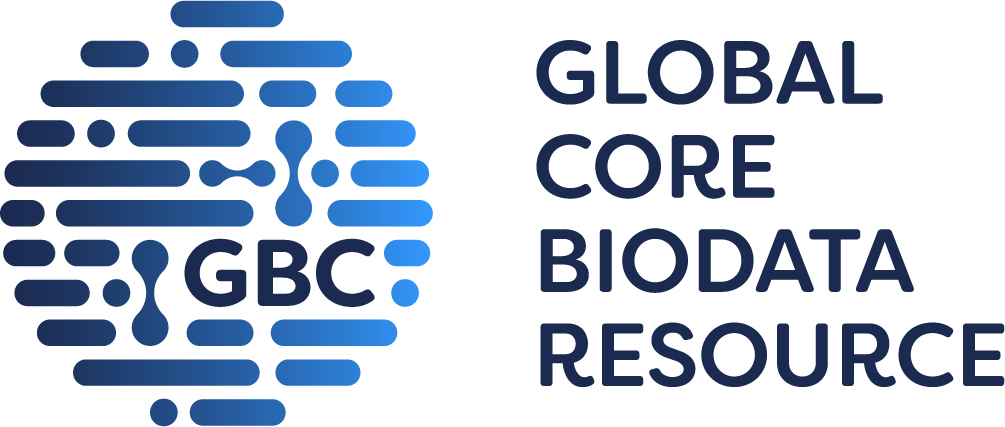
GtoPdb is requesting financial support from commercial users. Please see our sustainability page for more information.
Usher syndrome, type IIC; USH2C

GtoPdb Disease Summaries
This section gives an overview of the disease, and where available shows the following:
- Synonyms: Shows known synonyms for the disease.
- Description: Gives a basic description/definition of the disease.
- Database Link: External links to the same disease at the Disease Ontology, OMIM or Orphanet sites.
- Immunopharmacology comments: General comments about the target's role in immunopharmacology, provided by GtoImmuPdb curators.
- Associated with: Counts are displayed for the total targets the disease is associated with in GtoPdb. The counts of targets and ligands of immunological relevance associated to the disease are also shown.
More information can be found in the help pages.
✖| Disease ID: | 941 | |
| Name: | Usher syndrome, type IIC; USH2C | |
| Associated with: | 1 target | |
| Synonyms |
| Usher syndrome | Usher syndrome type 2 |
| Database Links |
|
Disease Ontology:
DOID:0050439 OMIM: 605472 Orphanet: ORPHA231178 |
Targets

GtoPdb Disease Summaries - Targets
Click on the target name to link to its detailed view page
Where available, information is display on the role of the target in the disease; drugs which target the disease and their therapeutic use and side-effects.
If there is mutation data curated in GtoPdb this is indicated, with a link back to the appropriate section on the target detailed view page
Immuno ligand interactions - If available, a table of immuno-relevant ligands is shown. These ligands have been curated as having an association to the disease and possess interaction data with the target in GtoPdb. The approval status of the ligand is shown, along with curator comments and an indication of whether the target is considered the primary target of the ligand.
More information can be found in the help pages.
✖| ADGRV1 | |
| Comments: | Usher syndrome type II is a genetically heterogeneous autosomal recessive disorder characterised by hearing loss and retinitis pigmentosa. Several different mutations have been identified in single families. Another mutation has been found in a family with familial febrile seizures. Usher syndrome type IIC can be caused by mutation in genes other than ADGRV1 (formerly GPR98). |
| References: | 3,7-9 |
| Mutations: | ADGRV1 is associated with 33 mutation. Click here for details  |
Ligands

GtoPdb Disease Summaries - Ligands
Click ligand name to view ligand summary page
- Approved: If the ligand is an approved drug this is indicated, along with approval bodies.
- Immuno: Immuno icon indicates the ligand is immuno-relevant
Click the arrow in the final column to expand comments
- Immuno Disease Comments: Curatorial comments specifically added as part of GtoImmuPdb. They give more information on the association between the ligand and disease in the context of immunopharmacology.
- Clinical Use: General clinical comments relating to the ligand and may not necessarily be specific to the disease in question. With hyperlink to more details on the ligand summary pages.
- Bioactivty Comments: Curatorial comments specifically about the compounds biological activity - with hyperlink to more details on the ligand summary pages.
More information can be found in the help pages.
✖No ligand related data available for Usher syndrome, type IIC; USH2C
References
1. Besnard T, Vaché C, Baux D, Larrieu L, Abadie C, Blanchet C, Odent S, Blanchet P, Calvas P, Hamel C et al.. (2012) Non-USH2A mutations in USH2 patients. Hum Mutat, 33 (3): 504-10. [PMID:22147658]
2. Bonnet C, Grati M, Marlin S, Levilliers J, Hardelin JP, Parodi M, Niasme-Grare M, Zelenika D, Délépine M, Feldmann D et al.. (2011) Complete exon sequencing of all known Usher syndrome genes greatly improves molecular diagnosis. Orphanet J Rare Dis, 6: 21. [PMID:21569298]
3. Ebermann I, Wiesen MH, Zrenner E, Lopez I, Pigeon R, Kohl S, Löwenheim H, Koenekoop RK, Bolz HJ. (2009) GPR98 mutations cause Usher syndrome type 2 in males. J Med Genet, 46 (4): 277-80. [PMID:19357117]
4. Hilgert N, Kahrizi K, Dieltjens N, Bazazzadegan N, Najmabadi H, Smith RJ, Van Camp G. (2009) A large deletion in GPR98 causes type IIC Usher syndrome in male and female members of an Iranian family. J Med Genet, 46 (4): 272-6. [PMID:19357116]
5. Le Quesne Stabej P, Saihan Z, Rangesh N, Steele-Stallard HB, Ambrose J, Coffey A, Emmerson J, Haralambous E, Hughes Y, Steel KP et al.. (2012) Comprehensive sequence analysis of nine Usher syndrome genes in the UK National Collaborative Usher Study. J Med Genet, 49 (1): 27-36. [PMID:22135276]
6. Malm E, Ponjavic V, Möller C, Kimberling WJ, Andréasson S. (2011) Phenotypes in defined genotypes including siblings with Usher syndrome. Ophthalmic Genet, 32 (2): 65-74. [PMID:21174530]
7. Nakayama J, Fu YH, Clark AM, Nakahara S, Hamano K, Iwasaki N, Matsui A, Arinami T, Ptácek LJ. (2002) A nonsense mutation of the MASS1 gene in a family with febrile and afebrile seizures. Ann Neurol, 52 (5): 654-7. [PMID:12402266]
8. Skradski SL, Clark AM, Jiang H, White HS, Fu YH, Ptácek LJ. (2001) A novel gene causing a mendelian audiogenic mouse epilepsy. Neuron, 31: 537-544. [PMID:11545713]
9. Weston MD, Luijendijk MW, Humphrey KD, Möller C, Kimberling WJ. (2004) Mutations in the VLGR1 gene implicate G-protein signaling in the pathogenesis of Usher syndrome type II. Am J Hum Genet, 74 (2): 357-66. [PMID:14740321]






